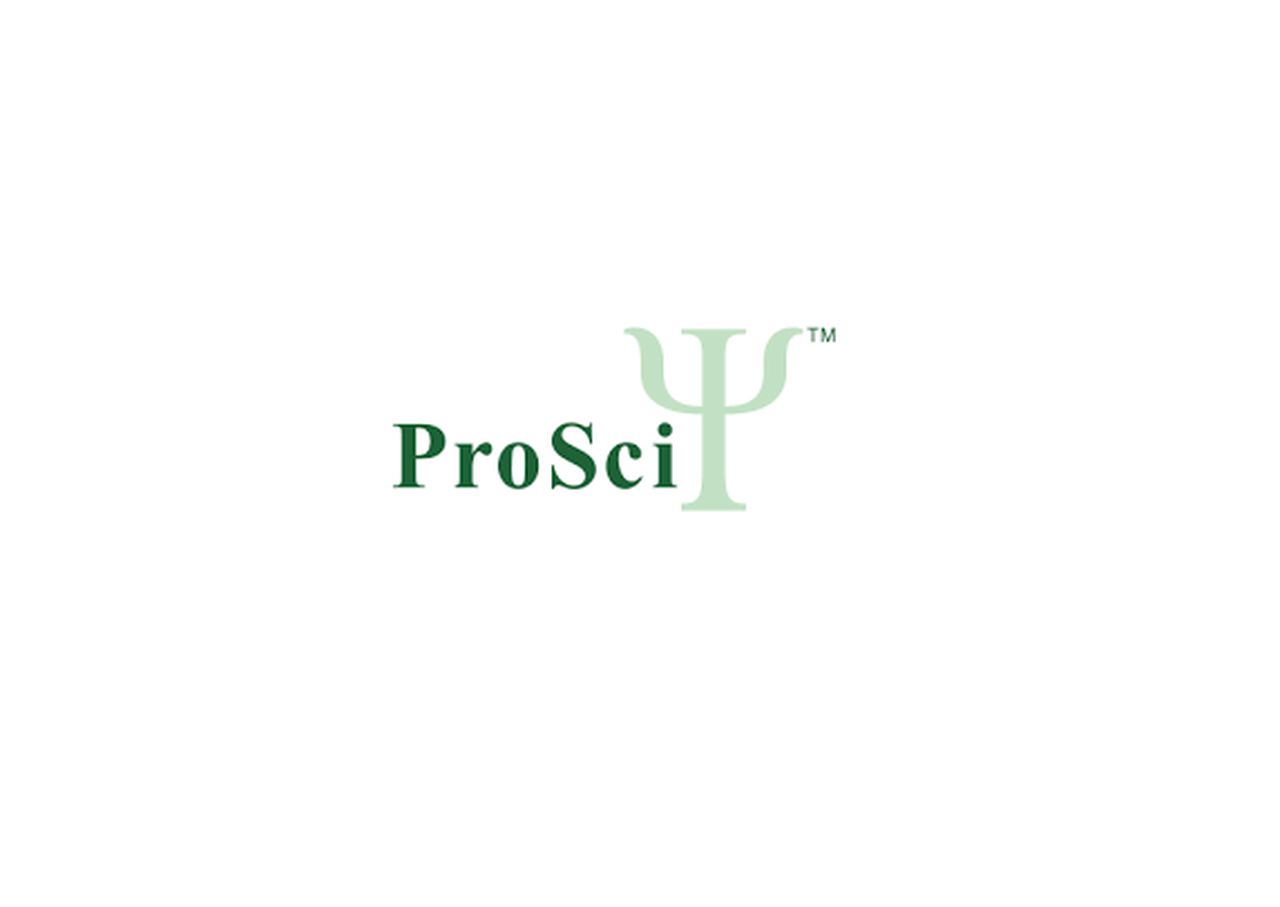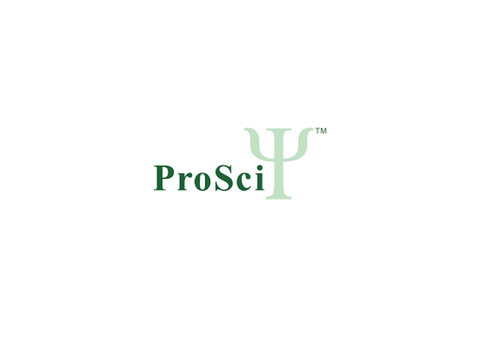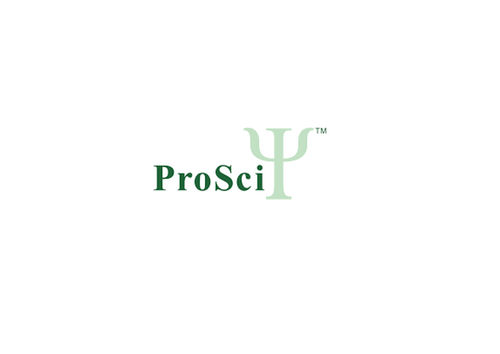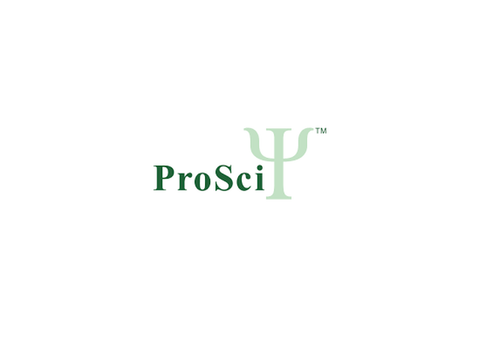Product Description
ISWI Antibody | 57-878 | ProSci
Host: Rabbit
Reactivity: Human
Homology: Predicted species reactivity based on immunogen sequence: Mouse
Immunogen: This ISWI antibody is generated from rabbits immunized with a KLH conjugated synthetic peptide between 62-91 amino acids from the N-terminal region of human ISWI.
Research Area: Other
Tested Application: WB
Application: For WB starting dilution is: 1:1000
Specificiy: N/A
Positive Control 1: N/A
Positive Control 2: N/A
Positive Control 3: N/A
Positive Control 4: N/A
Positive Control 5: N/A
Positive Control 6: N/A
Molecular Weight: 122 kDa
Validation: N/A
Isoform: N/A
Purification: This antibody is purified through a protein A column, followed by peptide affinity purification.
Clonality: Polyclonal
Clone: N/A
Isotype: Rabbit Ig
Conjugate: Unconjugated
Physical State: Liquid
Buffer: Supplied in PBS with 0.09% (W/V) sodium azide.
Concentration: batch dependent
Storage Condition: Store at 4˚C for three months and -20˚C, stable for up to one year. As with all antibodies care should be taken to avoid repeated freeze thaw cycles. Antibodies should not be exposed to prolonged high temperatures.
Alternate Name: SWI/SNF-related matrix-associated actin-dependent regulator of chromatin subfamily A member 5, SWI/SNF-related matrix-associated actin-dependent regulator of chromatin A5, 364-, Sucrose nonfermenting protein 2 homolog, hSNF2H, SMARCA5, SNF2H, WCRF135
User Note: Optimal dilutions for each application to be determined by the researcher.
BACKGROUND: The protein encoded by this gene is a member of the SWI/SNF family of proteins. Members of this family have helicase and ATPase activities and are thought to regulate transcription of certain genes by altering the chromatin structure around those genes. The protein encoded by this gene is a component of the chromatin remodeling and spacing factor RSF, a facilitator of the transcription of class II genes by RNA polymerase II. The encoded protein is similar in sequence to the Drosophila ISWI chromatin remodeling protein.
 Euro
Euro
 USD
USD
 British Pound
British Pound
 NULL
NULL






![ISWI Antibody (C-term) [APR30811G] ISWI Antibody (C-term) [APR30811G]](https://cdn11.bigcommerce.com/s-452hpg8iuh/images/stencil/500x659/products/871056/1163123/logo__92149.1659788186__72221.1659867103.png?c=2)

![ISWI Antibody (N-term) [APR31284G] ISWI Antibody (N-term) [APR31284G]](https://cdn11.bigcommerce.com/s-452hpg8iuh/images/stencil/500x659/products/871529/1163596/logo__92149.1659788186__78621.1659868100.png?c=2)

